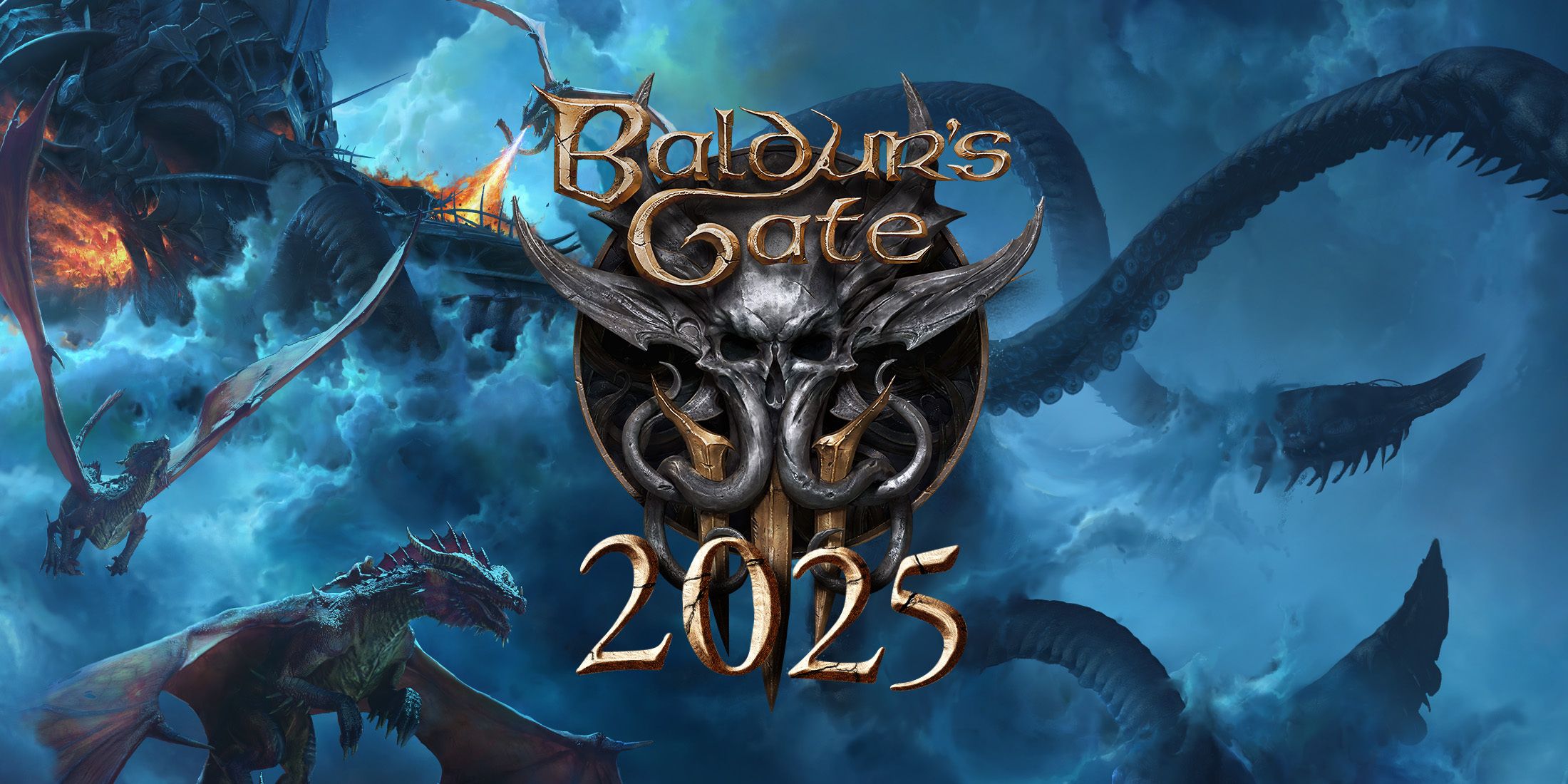Both Johnny Silverhand, the iconic anti-corporate rebel rocker from Cyberpunk 2077, and Baldur’s Gate 3’s enigmatic Emperor communicate directly with the protagonist’s mind. Although these characters occupy vastly different video game settings, both of them are crucial to their respective stories, communicate either telepathically or psychologically, operate from within the hero’s consciousness, and exert influence that can teeter between benevolent counsel and manipulative control.
The two of them are ideal examples of the mental hitchhiker archetype used in video games, which is usually a character or voice who commandeers or coexists within the player’s mind, and the developers use that character to exert influence on the player’s journey to create an illusion of choice between helpful guidance and manipulative self-interest. Neither of them is fully playable, yet their respective powers and personal vendettas drive key plot decisions, which compels players to question loyalties, motives, and the very nature of their in-game journey, ultimately making Cyberpunk 2077 and Baldur’s Gate 3 more enjoyable.

Related
Cyberpunk 2077 Fan Points Out Interesting Detail About Johnny Silverhand’s Arm
One Cyberpunk 2077 notices an interesting little detail on Johnny Silverhand’s chromed cyber arm, adding more depth to the rebellious rocker.
Both Johnny Silverhand and Emperor Are Mind Occupants
Both the Emperor and Johnny Silverhand linger in the protagonist’s consciousness, but their methods and intentions diverge in different ways. The Emperor’s telepathy is rooted in arcane or psionic powers, in a world filled with elves, dwarves, and mythical creatures, while Johnny’s presence is the byproduct of futuristic, dystopian technology. Baldur’s Gate 3′s Emperor often cloaks his counsel in mystery, nudging players to rely on him for knowledge that could break or harness the Illithid curse.
Cyberpunk 2077‘s Johnny Silverhand, on the other hand, is outspoken and irreverent, and lays out his anti-corporate agenda plainly, even if his ultimate goal might be more self-serving than he admits. So, while both of them serve entirely different realms, the thematic core of both games up until the conclusion shares the same approach — a hero’s path shaped from within by a figure whose agenda may or may not align with the protagonist’s own.
Johnny and the Emperor Are Two Sides of the Same Coin
The comparison between the two of them is rooted in the fact that conceptually, both the Emperor and Johnny Silverhand share the same goal: overthrowing oppressive forces by harnessing the protagonist’s mind. The Emperor operates within a mythical past and uses special psionic power to guide (and manipulate) the hero against the Mind Flayers.
Johnny, in turn, exists in a possible near future. His anti-corporate revolution is facilitated by neural chip lodged in the protagonist’s brain, a technology that might soon be feasible through developments like Neuralink. Despite their drastically different eras and methods, each character’s ambition boils down to reshaping reality on their own terms – it’s just that one of them is in a past rooted in mythology and the other is from arguably a not-so-fictional near-future.

Related
What To Expect From Baldur’s Gate 3 In 2025
Baldur’s Gate 3 developer Larian Studios has confirmed one remaining major patch bringing some highly-requested features in 2025.
Showing Vulnerability Despite Anti-Hero Narrations
Another core reason these characters feel so alike is the tension generated by their unreliable narrations. Each occasionally veils crucial information, exploiting the fact that the protagonist, and by extension, the player, has only their word to go on. This narrative-building approach makes every conversation a gamble, where advice might serve both parties or lead the hero down a treacherous path, and this uncertainty transforms the player’s internal monologue into a dialogue marked by skepticism and caution.
The knowledge that Johnny or the Emperor might be lying at any moment keeps players vigilant while searching for clues to discern real intentions, and yet, both of them exhibit flashes of vulnerability that prevent them from becoming flat antagonists. Johnny’s bravado hides a tragic past filled with lost opportunities and bitter regrets, leaving him deeply haunted by failures he seeks to rectify through V. The Emperor, for his part, contends with the dangerous nature of the Mind Flayer monsters in BG3, and while he might apparently be protecting the protagonist , he’s protecting himself just as much if not more — meaning there’s another similarity that makes these two characters comparable.













Leave a Reply